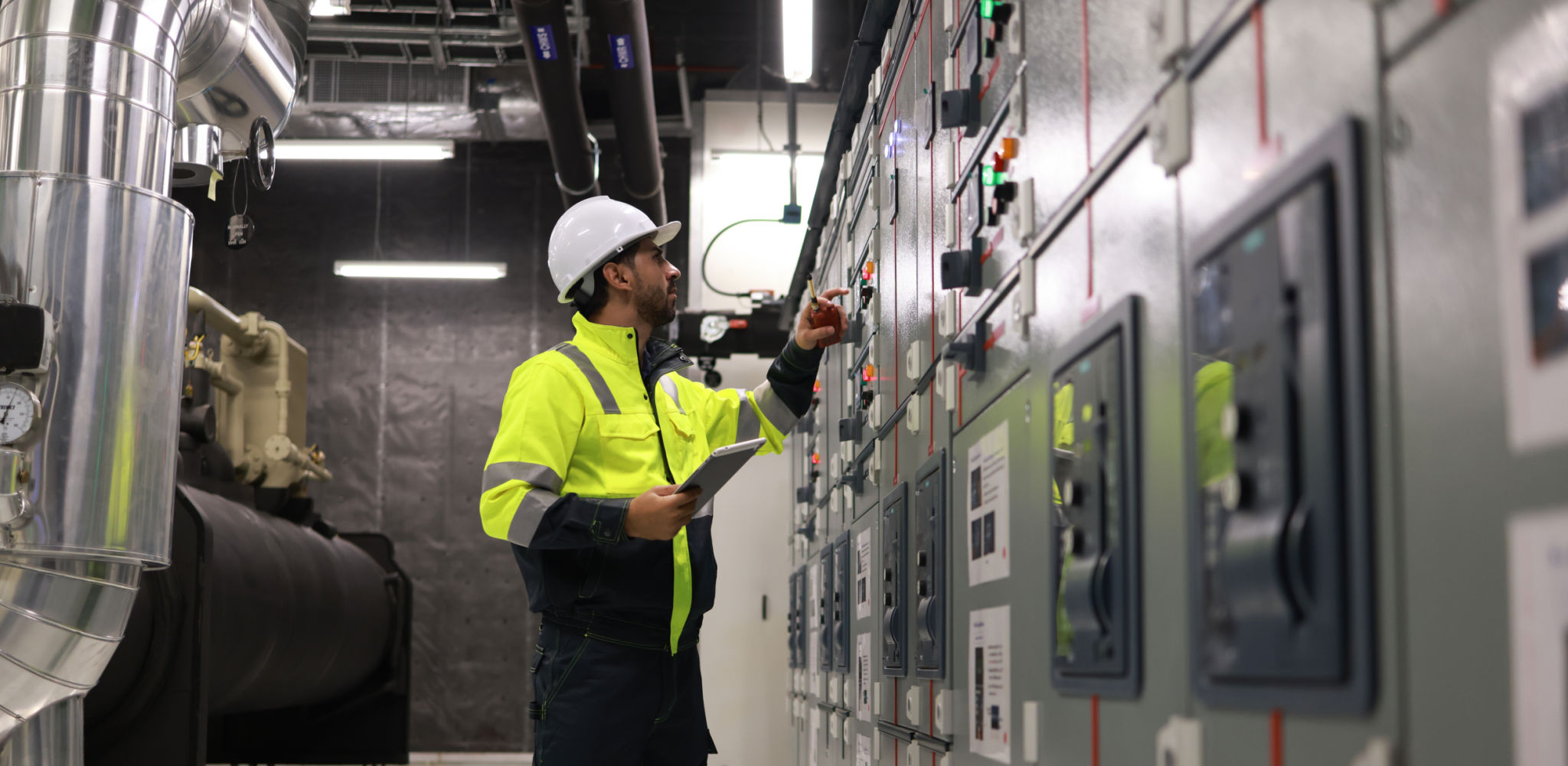Maximizing Savings: A Guide to Finding the Cheapest Energy Supplier for Your Business
Understanding Your Business Energy Needs
Before embarking on the quest for the cheapest energy supplier, it's crucial to understand your business's energy consumption patterns. Analyzing your past energy bills and identifying peak usage periods can offer insights into your energy needs. This understanding sets the foundation for selecting a supplier that aligns with your business requirements.

Consider the size of your business, the type of equipment used, and operational hours, as these factors significantly impact energy consumption. By having a clear picture of your energy use, you can make informed decisions when comparing suppliers and plans.
Researching Energy Suppliers
Once you have a good grasp of your energy needs, the next step is researching potential suppliers. Start by compiling a list of providers in your area and gathering information about their rates and plans. Look for reviews and testimonials to gauge customer satisfaction and reliability.
It's wise to explore both traditional suppliers and newer, green energy companies. Many businesses are now opting for renewable energy to reduce their carbon footprint, which can also be cost-effective in the long term.
Comparing Rates and Plans
When comparing energy suppliers, it's essential to look beyond just the price per unit of energy. Examine the terms and conditions of each plan, including contract length, exit fees, and any additional charges. Some suppliers may offer discounts or incentives for long-term contracts, while others provide flexible terms with no lock-in period.

Use comparison websites to simplify this process and ensure you’re getting a comprehensive view of available options. These platforms often provide detailed breakdowns of costs and benefits, helping you identify the best deal for your business.
Negotiating with Suppliers
Don't hesitate to negotiate with potential suppliers once you’ve narrowed down your options. Many companies are open to offering better rates or tailored packages to secure your business. Highlight your commitment to a long-term relationship or discuss specific needs that might warrant a customized plan.
Negotiation can often lead to significant savings, especially for businesses with high energy demands. Always approach discussions with a clear understanding of what you want and be prepared to walk away if terms aren’t favorable.
Monitoring and Adjusting Your Energy Plan
After choosing an energy supplier, it's important to continually monitor your energy usage and costs. Regularly reviewing your bills and comparing them to previous usage can help identify any discrepancies or areas where further savings can be achieved.

If your business undergoes changes that affect energy consumption, like expansion or new equipment installation, consider reevaluating your energy plan. Many suppliers offer periodic reviews to ensure you’re still on the best possible plan.
Leveraging Technology for Energy Efficiency
Utilizing technology can further enhance your savings by improving energy efficiency. Smart meters, automated systems, and energy management software can provide real-time insights into usage patterns, helping you optimize consumption.
Investing in energy-efficient equipment and practices not only reduces costs but also contributes positively to environmental sustainability. Implementing these changes can result in long-term financial benefits for your business.
By understanding your needs, thoroughly researching options, negotiating effectively, and leveraging technology, you can maximize savings and secure the best energy deal for your business. This proactive approach not only boosts your bottom line but also supports sustainable business practices.
